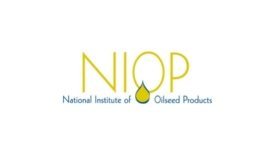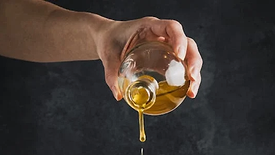Food Defense
Cyber Threats Impacting the Food and Agriculture Sector
While ransomware is the most common cyberattack vector for businesses, other cyber threats can be far more dangerous to the food supply system
August 8, 2023
What Exactly is "Information Sharing?"
Threat information should be disseminated as rapidly as possible, and is encouraged between businesses that may otherwise be restricted by anti-competitive laws or regulations
June 12, 2023
Never miss the latest news and trends driving the food safety industry
eNewsletter | Website | eMagazine
JOIN TODAY!Copyright ©2024. All Rights Reserved BNP Media.
Design, CMS, Hosting & Web Development :: ePublishing










